EDITORIAL
Published on 12 Jan 2023
Editorial: Interaction between marine invertebrates and symbiotic microbes in a changing environment: Community structure and ecological functions
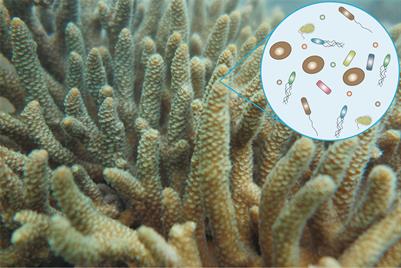
doi 10.3389/fmars.2022.1128906
- 1,739 views
- 2 citations
5,520
Total downloads
30k
Total views and downloads
Select the journal/section where you want your idea to be submitted:
EDITORIAL
Published on 12 Jan 2023

ORIGINAL RESEARCH
Published on 30 Aug 2022
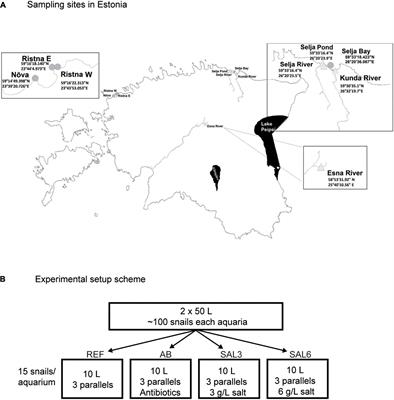
ORIGINAL RESEARCH
Published on 19 May 2022
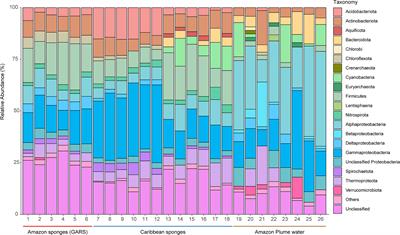
ORIGINAL RESEARCH
Published on 11 May 2022
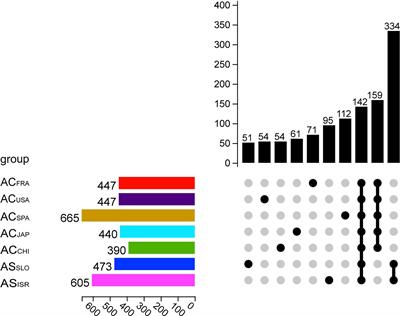
ORIGINAL RESEARCH
Published on 28 Mar 2022
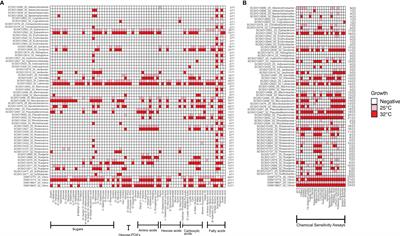
ORIGINAL RESEARCH
Published on 23 Mar 2022
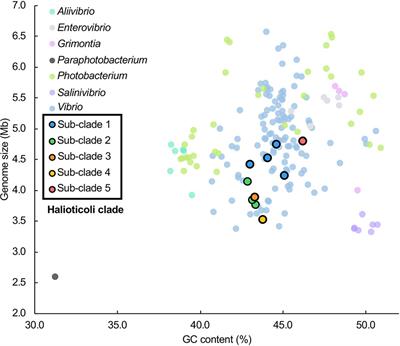
ORIGINAL RESEARCH
Published on 31 Jan 2022
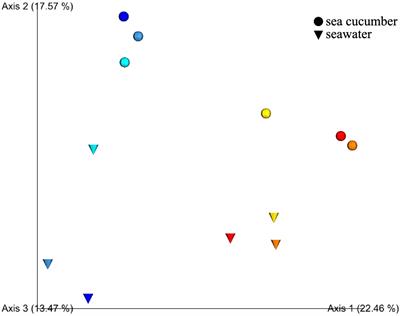
ORIGINAL RESEARCH
Published on 22 Dec 2021

ORIGINAL RESEARCH
Published on 25 Oct 2021

OPINION
Published on 15 Oct 2021


Frontiers in Microbiology